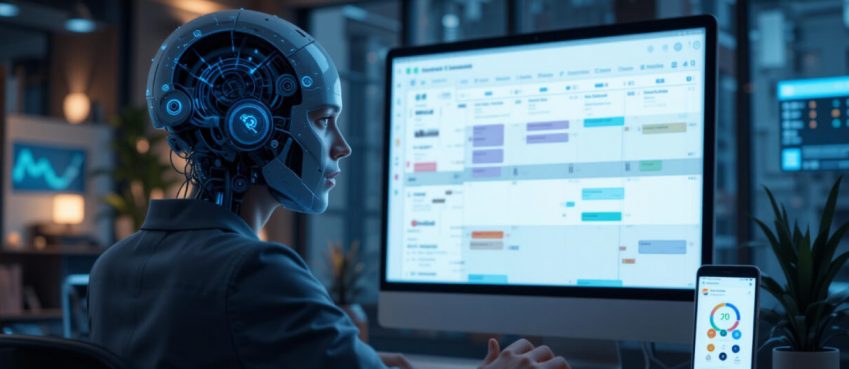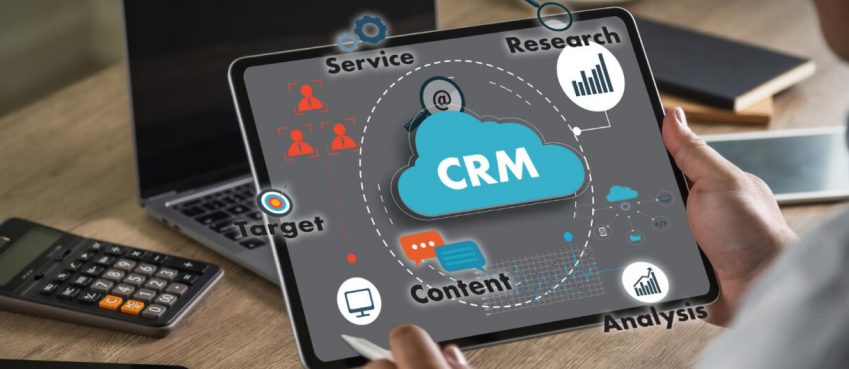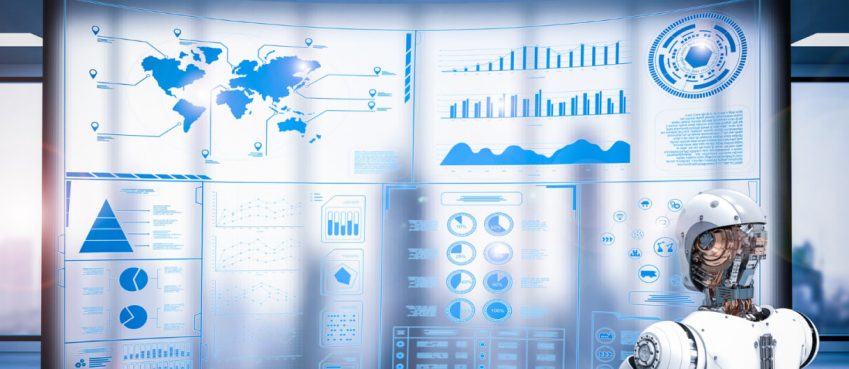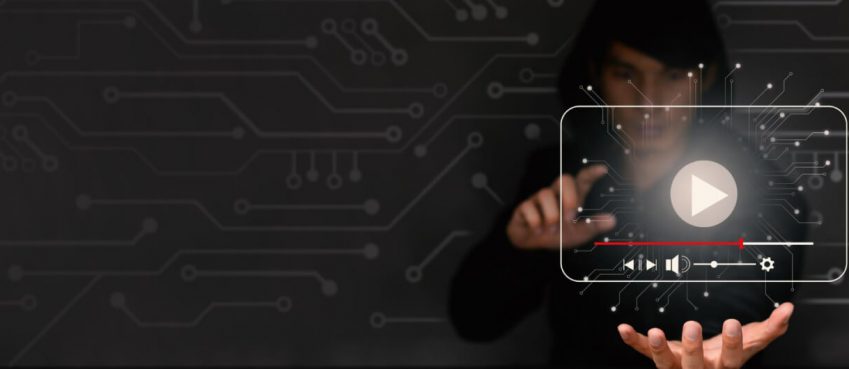
Every day, we all interact with technology. We know that technology makes our lives easier, safer, more convenient, and more fun. How often do we actually think about the amazing technology that affects our day-to-day lives? The answer for most of us is, probably, not that often.
Every time we turn on a TV, walk into a grocery store, or go for a drive, we are engaging with an incredible amount of technology. Some of it is cutting-edge gear that we may not even realize is profoundly affecting how we live and work. Even if we do realize it, there is a good chance we don’t stop to appreciate it all that often.
As you go through your day, the amount and complexity of the technology we interact with is pretty interesting. We may not yet have flying cars or robot butlers but, when you consider all the technology that touches our lives in a given day, people of the past would say we are living in the world science fiction predicted. Here are six technologies people take for granted in their everyday lives.
6 Technologies People Take for Granted
1. The Cloud
Cloud technology is a decentralized network of servers that can be accessed through the internet. It provides quicker, easier, and cheaper access to levels of computer processing that would normally require large, expensive onsite servers. Now, the cloud gives everyone access online.
The cloud is seemingly omnipresent. You may use it to access your work files while working from home. If you use a streaming service, such as Netflix or YouTube TV, you access the programs or the unlimited DVR through the cloud. If you have extra storage for your phone or back it up without connecting to a computer, that is going to the cloud.
2. Data loggers
Data loggers are internet-connected sensors that monitor the environment in a space. They can keep precise measurements of factors such as temperature and humidity and transmit that data to a central cloud-based monitoring system, thus allowing for more control over the monitored space.
As Dickson explains, data loggers are critical for monitoring sensitive products, factoring into everything from pharmaceutical production and distribution to food safety.
This technology helps keep your food fresh and your prescriptions safe and effective to use. With the COVID-19 vaccine coming out within the next 6 months or so, data loggers will become even more important in your life. All the vaccines need to be kept cold and some need to be kept in a deep freeze. Data loggers will play a very important role in transporting and storing the vaccines at these temperatures.
Also read: 10 Best AI Music Generator In 2025 (Royalty Free Music Generation)
3. Artificial Intelligence
Artificial intelligence (AI) refers to machines that, through the use of complex algorithms, are able to learn, make decisions, and solve problems. They do this by analyzing tons of data and processing it in a way that mimics how the human mind works. It all seems very sci-fi but this is currently part of our lives in very real and common ways.
AI performs many tasks that we now take for granted, such as learning what we like when we interact with a site or service. Your Netflix queue tells you what you might want to view next time you want a movie through AI. So does your Facebook feed that puts your closest friends and most interesting sites posts on top. And, so does Amazon with Amazon suggestions telling you what else you may want to buy in addition to your purchase.
4. GPS
Global positioning system (GPS) is a navigational system that uses satellites to pinpoint exact locations in real-time. This technology started as a top-secret military project in the 1990s and is now so common in our everyday lives that we tend to take it for granted.
When you ask for directions from Waze or Google maps, you are using GPS. When you are flying, the plane is most likely using GPS. When you lose your phone and are able to track it or even the fact that all your friends and family’s phones have the exact same time, is thanks to GPS. If you lose your credit card and someone uses it far away from where you are, that’s GPS at work. You probably won’t take that for granted, though.
Also read: How To Void A Check? A Step-By-Step Guide (In The Right Way)
5. Internet of Things
The Internet of Things (IoT) is a term that encompasses any physical object connected to the internet. These things have technology inside that allows for “communication” between the objects and can be controlled by people with internet-connected devices.
The big benefit of IoT technology these days is that it is making our lives more convenient. If you have any systems in your home that you can access from your smartphone or tablet, you are using the IoT. Doorbell cameras, smart thermostats, or smart lighting systems are all IoT technologies that many of us have now and tend to take for granted.
6. Biometric authentication
Each person in the world has unique features and biological markers. Your face, fingerprints, eyes, and even your DNA are now being used to verify that you are who you say you are and give you access to things needing protection.
We all have what seems like a million passwords these days. They are important for protecting valuable assets, from money to personal data. Passwords can be hacked, though. What can’t be hacked is your fingerprint or face, which is why biometric authentication beaming more is widely used. If you open your phone with your finger or your face, you are using biometric authentication and probably taking it for granted.
Also read: [10 BEST] AI Influencer Generator Apps Trending Right Now
Conclusion
We take most of the advanced technology in our lives for granted. All we need to know is that technology affects almost every aspect of our lives. Every once in a while, though, it is interesting and educational to take a step back and really look at all the ways we are affected by technology in a given day. It will give you a new appreciation for the ease in your life.
Top 10 News
-
01
Top 10 Deep Learning Multimodal Models & Their Uses
Tuesday August 12, 2025
-
02
10 Google AI Mode Facts That Every SEOs Should Know (And Wha...
Friday July 4, 2025
-
03
Top 10 visionOS 26 Features & Announcement (With Video)
Thursday June 12, 2025
-
04
Top 10 Veo 3 AI Video Generators in 2025 (Compared & Te...
Tuesday June 10, 2025
-
05
Top 10 AI GPUs That Can Increase Work Productivity By 30% (W...
Wednesday May 28, 2025
-
06
[10 BEST] AI Influencer Generator Apps Trending Right Now
Monday March 17, 2025
-
07
The 10 Best Companies Providing Electric Fencing For Busines...
Tuesday March 11, 2025
-
08
Top 10 Social Security Fairness Act Benefits In 2025
Wednesday March 5, 2025
-
09
Top 10 AI Infrastructure Companies In The World
Tuesday February 11, 2025
-
10
What Are Top 10 Blood Thinners To Minimize Heart Disease?
Wednesday January 22, 2025







